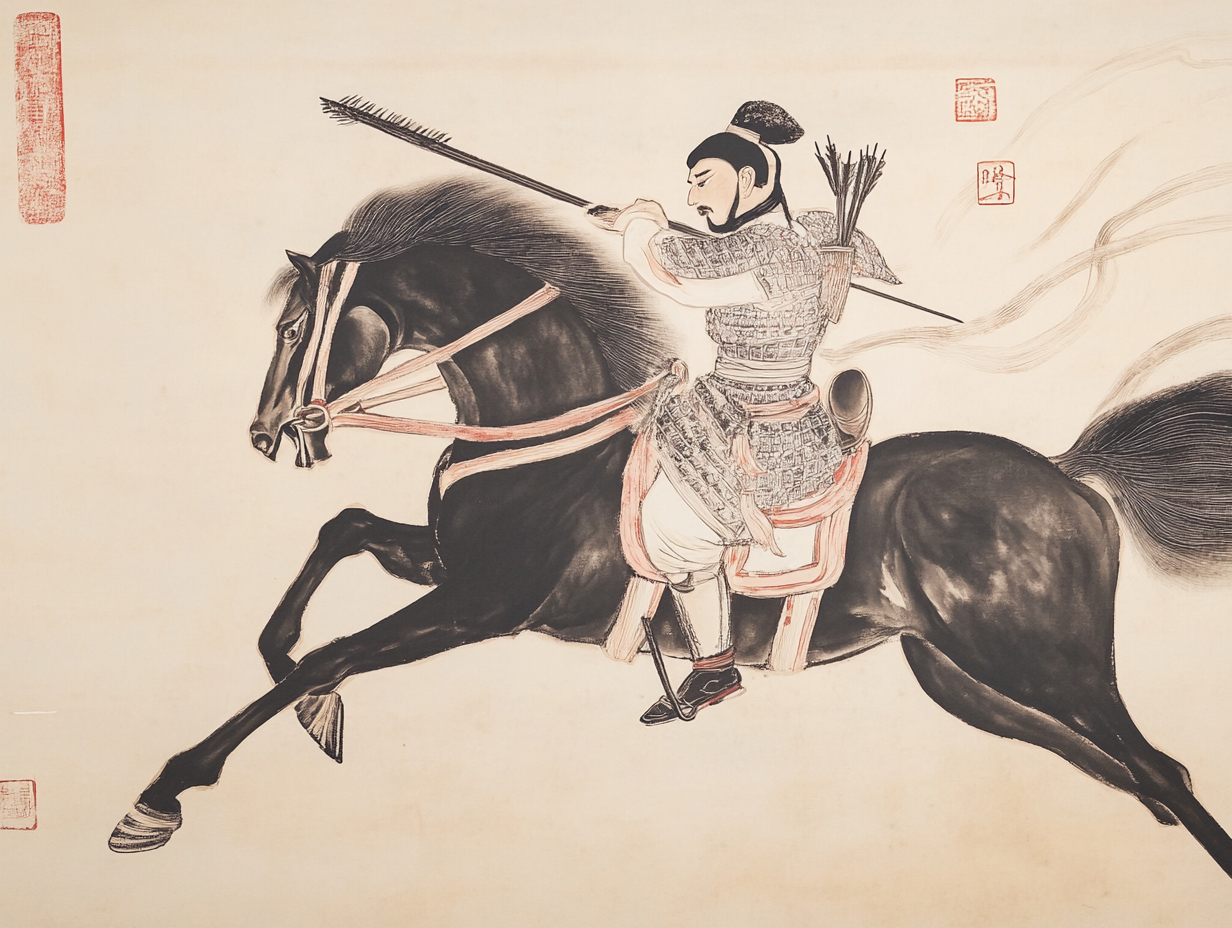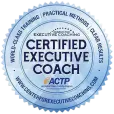
Victory Isn’t the Finish Line
This morning, as I was reading The Art of War, this passage jumped out at me:
“[Tu Hsiang] entered Nan Haio, destroyed three of their camps, and captured much treasure. However, P’an Hung and his followers were still strong and numerous, while Tu Hsiang’s troops, now rich and arrogant, no longer had the slightest desire to fight.“
At first glance, it’s a story of success—an invading force captures treasure and crushes enemy camps. But on closer inspection, it’s also a cautionary tale about the dangers of complacency. Tu Hsiang’s troops lost their drive, even as the threat of P’an Hung loomed large.
The same patterns happen in small business. An early win—like a successful holiday season or a breakthrough product launch—can breed overconfidence or inertia, leaving you vulnerable to competitors or market shifts. The key to long-term success is learning to build on victories without losing focus. Let’s explore how to avoid these pitfalls through strategic thinking, adaptability, and leadership.
When the Fire Dies Down: Why Early Success Can Stall Your Business
Success is exciting, but it’s only the beginning. Like Tu Hsiang’s troops, a business can lose momentum if it becomes too comfortable.
Example: Imagine your small-town inn wrapped up its best holiday season yet. The rooms were full, the reviews were glowing, and your revenue soared. Guests cozied up by the fireplace, their laughter echoing in the halls. But as January rolls in, the energy wanes. Bookings slow down. Your staff, once so motivated, seems disengaged—disappearing on longer breaks, losing the sparkle in their service. What happened to the magic?
What to Do:
- Set “What’s Next” Goals: Build on the momentum by planning your next big initiative. For example, launch a Valentine’s Day package that offers romantic experiences, like private dinners, fireside champagne, or cozy couples’ spa services. Show your team and your guests that the excitement isn’t seasonal—it’s part of who you are.
- Celebrate with Focus: Recognize your team’s efforts, but tie the celebration to future plans. Host a staff appreciation event where you not only celebrate the past season’s wins but also share the next big goal to keep the fire alive.
Celebrating Too Soon: How Early Wins Can Leave You Vulnerable
Tu Hsiang’s troops let their guard down, assuming their victory was final. In business, early success can invite complacency while competitors adapt and innovate.
Example: Your holiday festival was a hit, with guests lining up for festive packages and your social media lighting up with cheerful reviews. But nearby inns noticed. By February, they’ve launched their own winter deals—complete with lower rates, hot chocolate bars, and free sleigh rides. Suddenly, your once-loyal guests are looking elsewhere for a change of scenery.
What to Do:
- Stay Vigilant: Conduct regular competitive analysis. What are other inns doing, and how can you elevate your offerings? What are they missing that you can provide?
- Reinforce Your Unique Value: Remind guests why they love your inn. Highlight what sets you apart, like handwritten thank-you notes, curated local experiences, or signature breakfasts with ingredients sourced from nearby farms. A behind-the-scenes social media post of your team prepping special guest amenities can deepen that connection.
Stay Sharp: Why Innovation Keeps You Ahead of the Pack
Staying competitive requires constant improvement. Resting on your laurels is a surefire way to fall behind.
Example: A sleek new boutique hotel opens nearby, boasting spa services, high-tech rooms with smart thermostats, and wellness packages tailored to stressed-out professionals. Guests begin to wonder if your charming inn can keep up with the modern experience.
What to Do:
- Gather Feedback: Ask guests what they’d love to see next. Are they craving wellness weekends, themed retreats, or new amenities like memory foam mattresses or hypoallergenic bedding?
- Experiment with Offerings: Test ideas like a “Digital Detox Weekend,” where guests trade screens for activities like cooking classes, nature walks, or candlelit yoga. These unique touches keep your offerings fresh and exciting, reminding guests that your inn continues to surprise and delight.
Treasure or Trouble? Managing Success Without Losing Focus
Tu Hsiang’s troops grew arrogant after their victory, losing the discipline that had made them successful. For small businesses, unmanaged success can lead to entitlement or stagnation.
Example: After a profitable holiday season, you reward your team with generous bonuses. At first, they’re thrilled, but soon service starts slipping. Long-time guests notice slower check-ins, missed details, and a general lack of enthusiasm from your staff.
What to Do:
- Tie Rewards to Goals: Make rewards meaningful and tied to future success. For example, offer bonuses based on maintaining a 95% guest satisfaction rating or completing training modules that improve customer service.
- Foster Gratitude: Keep your team grounded by celebrating the collective effort behind every win. Hold team meetings where you share guest feedback and publicly recognize staff contributions, reinforcing a culture of appreciation and excellence.
Change is the Only Constant: Thriving When Circumstances Shift
Success is no guarantee against unexpected challenges. Thriving means being able to adapt when things don’t go as planned.
Example: A sudden snowstorm cancels travel plans, leaving your inn eerily empty and your kitchen overstocked with holiday-inspired treats. What now?
What to Do:
- Have Contingency Plans: Offer last-minute promotions to local residents—think “Snow Day Specials” with discounted room rates and complimentary hot cocoa. Use your overstock to create take-home treat boxes for sale online or in your lobby.
- Expand Your Income Options: Host workshops like bread-making or wine-tasting events for the local community, or partner with a local vendor to sell curated holiday gift packages.
Leading Through Success: Keeping Teams Hungry and Focused
Even the best plans require strong leadership to execute. Leaders must keep their teams motivated and aligned, even during times of success.
Example: After the holiday rush, your staff’s enthusiasm fades. Tasks like preparing welcome baskets are rushed or forgotten, and guests start noticing the difference.
What to Do:
- Reflect, Realign, Recharge: Use a “3R Framework” to sustain momentum. Reflect on past wins, realign team priorities, and recharge enthusiasm with creative incentives, like a friendly competition to design the most memorable guest experience.
- Lead by Example: Be visible, engaged, and willing to step into the trenches. Your energy sets the tone for your team’s dedication.
The Real Victory: Staying Hungry, Focused, and Ready
Success is fleeting without discipline and adaptability. Just as Tu Hsiang’s story warns us against complacency, your business’s future depends on staying sharp and intentional.
Your Next Steps:
- Reflect on your last big win. What did it teach you about your team, competitors, or market?
- Identify one actionable step to build on that success—whether it’s setting a new goal, launching an innovation, or re-engaging your team.
- Take that step today.
Victory isn’t the finish line—it’s the starting point for your next challenge. By staying vigilant, adapting to change, and leading with purpose, you can turn your wins into lasting success.




